How To Become a Water Sommelier [2024 Guide]
Home » Water stories » Blog » How To Become a Water Sommelier [2024 Guide]
- Dan Volevah
- April 30, 2024
- 13:49
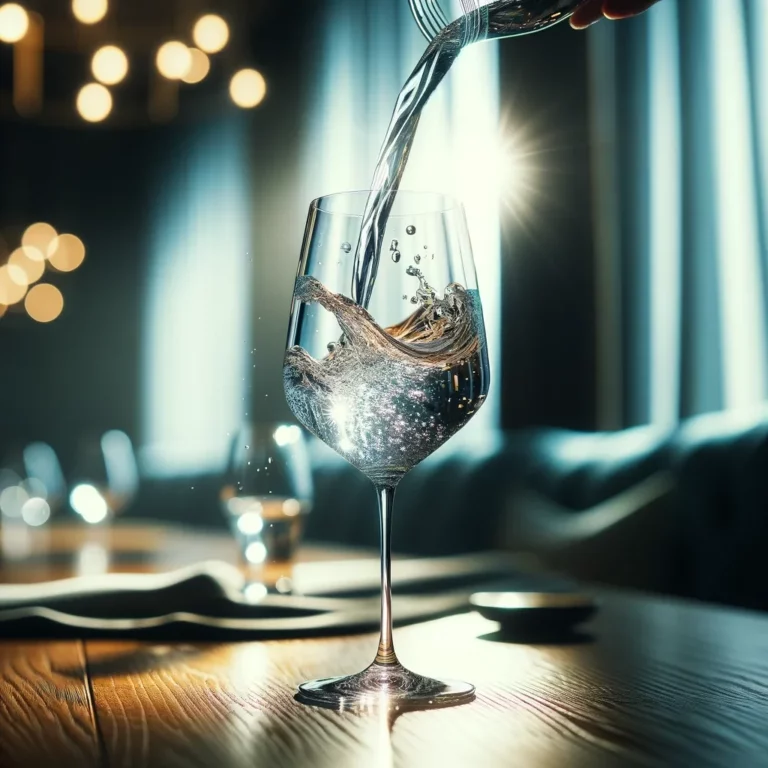
How To Become a Water Sommelier
Have you ever wondered who helps match the right water with the food at fine dining restaurants? Enter the Water Sommelier. A Water Sommelier is an expert when it comes to water and advises on the best waters to drink for different purposes.
Becoming a Water Sommelier requires extensive training and knowledge, but it can be a fulfilling career for those with a passion for water. If you’re interested in becoming a Water Sommelier, here’s a step-by-step guide.
What is a Water Sommelier?
A Water Sommelier is an expert trained to evaluate, identify, and educate people about the different qualities and flavor profiles of water from different sources around the world. Much like a wine sommelier analyzes and pairs wine, a Water Sommelier uses a sensitive palate to detect subtle flavors in water and make recommendations about pairing water with food. But not only! The purposes of choosing the right water can be different. For example, to make the most delicious tea in the world, you should choose water with low calcium and magnesium content. Rich magnesium water will help to strengthen heart comfort during sports. If we want more effectively neutralize lactic acid to regenerate, then the correct choice will be alkaline waters rich in hydrogen carbonate. If we want healthy skin and to increase beauty, then (Si) silicon-rich waters will perfectly complement a healthy lifestyle. In the PickAqua water choice app, more than 60 different purposes for the correct use of water are described according to the composition of minerals. As well as each mineral water has a separate description of its natural power and interpretation of the composition of minerals. How best to choose the right water for your everyday life, what to look out for and what to avoid? Read here.
The role of the Water Sommelier has grown out of a growing recognition that factors such as a water’s mineral content and geography significantly affect its taste, texture, and even sometimes aroma.
A question may arise here, is a Water Sommelier, like a Wine Sommelier, able to determine the region of origin of water by taste? Then the answer will be no. There are of course regions where, for example, lightly mineralized waters dominate, or vice versa. And then guesswork would be possible, but without criticism in case of error.
The taste of water is much more complex than the taste of wine if they can be compared at all. In cases where it is a question of low mineralization waters without pronounced salty, sweet, bitter tastes, in such cases it is necessary to focus on sensations, which will not always be taste, but for example sensations like lightness, dryness, and overall texture.
Not so long ago, I was lucky enough to discover a secret of the taste of water – it turns out that water that has been in motion will taste noticeably different than water that has remained stationary. Of course, my taste experiments did not end there. At the time in 2020 when I was diligently preparing for the talent show The Brain, where I had to find 1 burnt water taste out of 40 glasses of water, I was also lucky to notice that water that had been in motion ran down the sides of a glass faster than stagnant water. This can be compared with the visual evaluation of wine.
Water contains many different dissolved solids in different proportions that create subtle flavors that Water Sommeliers can detect by tasting, if the minerals are in specific amounts. There is no such thing as flavorless water in nature.
>>If you’re looking for a reputable Water Sommelier certification program, I recommend checking out our Water Ambassador course discover here. It’s an intensive online program that covers all the key areas needed to become a skilled Water expert.
Step 1: Get the right education
The first step is to get formal training to become a Water Sommelier. It is important to note that the level of education will vary between aquatic schools. Every organization has its strengths and weaknesses. Some are focused more on the mineral composition and taste of water, while other organizations are more familiar with the wide possibilities of water marketing. The good news is that the subject of water is truly endless. It is impossible to get bored if you work with water. Water encompasses chemistry, physics, biology, taste, inner sensations, safety, business, law, medicine, research, health, tradition, mystery, history and the very cause of life itself.
“Water is the carrier of life.
Life is a spirit that lives in water.
The taste of water is the taste of life.” Dan Volevah
Before starting training, it is advisable to familiarize yourself with the program of the water school and then make a final decision in which direction to go. Any quality program will cover topics such as the geology, geography, and chemistry of water; how to properly taste water and identify subtle flavors; food and water pairings; and service skills.
There are a few ways to get this training:
– Take an online Water Sommelier certification course. These courses allow you to become certified at your own pace and cost an average of $200-$300 per program. The programs can be different.
– Attend a multi-day water sommelier course in Riga, Latvia. These intensive, in-person courses cost $500-$2500 (depending on the program) and provide hands-on training. And a complete certification from German Doemens academy and Water Sommelier Dan Volevah the CEO of PickAqua. If you are interested, please fill in the application form and you will be notified about the next course.
– Complete a training program at a community college or university in hospitality, food service, or culinary arts. Some schools now offer Water Sommelier programs. Like for example, the culinary school in Taipei, runed by certified Water Sommeliers Howard and Ivonn from Kaiping Food School and founder of www.waterselection.com
Step 3: Earn your certification
To prove your expertise and credentials as a Water Sommelier, certification is highly recommended. Internationally recognized Water Sommelier certifications are offered by organizations such as the Doemens Academy with headquarters in Germany and collaboration partners offering the course in the Mandarin language in Taipei and English, German, Russian, or Latvian in Latvia, the PickAqua headquarters. Earning certification requires passing a comprehensive exam that tests sensory skills, product knowledge, and chemistry that pertains to water, water law, and service skills.
Step 2: Gain Industry Experience
While education is important, real-world experience is essential to becoming a successful Water Sommelier. Consider getting a job at a restaurant, hotel, food, or water service company to gain this experience. Work directly with the beverage program to learn about sourcing, storing, delivering, serving, and marketing of water. You’ll gain knowledge faster by immersing yourself in the industry daily, rather than just learning concepts in a classroom setting. The general concepts are similar, but each country’s water market is completely different. What happens in a country depends on many factors such as the quality of tap water, overall drinking culture, economic situation, and finally the most important thing is awareness about water. For example, in the United States, artificially filtered and enriched waters dominate the market with an absolute majority. About 90% of all available water in the United States is artificially treated water. On the other hand, such a market arrangement would not be possible, for example, in Germany. On the contrary, 95% of all water available on the market in Germany is of natural origin. For the importance and difference between natural and artificial water, read the article – 3 steps to Choose Water.
Step 4: Continue your education
Water Sommeliers must continue their education to stay current. The water industry is constantly evolving, and new research on water sources comes out frequently. Reading blogs, publications, and resources in the field will allow you to continue learning. Attend seminars or classes regularly to expand your knowledge. Continuing education is also often required for recertification.
Step 5: Develop your palate
A keen palate is essential for recognizing subtle flavors and tastes in water. Train your palate by regularly tasting water samples from different sources. Taste them blind, without knowing the brand name, to eliminate bias. Over time, you will calibrate your palate to recognize nuances that most people miss. Drinking water and paying attention to its taste every time you drink it is fun. It increases sensory intelligence, which can then be applied very well to other areas of life.
Step 6: Know the lingo
Water Sommeliers must be fluent in the language used to describe water’s taste, mouthfeel, and other sensory properties. Practice describing the sensations when tasting water. The vocabulary you develop will help you communicate nuances to customers and industry colleagues.
Step 7: Understand water chemistry
Understanding water chemistry allows you to understand what creates different flavors and textures in water. Study principles such as water hardness, pH, mineral content, total dissolved solids (TDS) and proportions. How factors such as geography and processing affect the composition of water. A foundation in water science gives you expertise when discussing water with customers.
Step 8: Pairing Waters and Foods
One of the key skills of a Water Sommelier is recommending water pairings with food. Learn the nuances of how different minerals, carbonation, and acidity complement different foods. For example, lighter, sparkling waters pair well with bold flavors like steak, while still-natural waters pair well with salad and seafood. Practicing pairings expands this knowledge as each combination is unique.
Step 9: Know Your Waters
A thorough knowledge of water brands and sources is essential. Study major water types such as natural mineral, spring, drinking and purified. Learn identifiers such as location, processing, and geology to help distinguish waters. I often come across new revelations about water when I delve deeper into water analysis. All the water brands analysis are available on www.pickaqua.com Taste as many waters as possible to become familiar with subtle differences in taste.
Step 10: Build business savvy
While water expertise is critical, you also need business and marketing skills to succeed as a Water Sommelier. Learn strategies for developing water programs, managing inventory, budgeting, controlling costs, marketing, and generating profits. Hospitality business courses can help strengthen these skills.
Becoming a Water Sommelier requires a commitment to mastering both water knowledge and serving skills. But for those with a passion for water, it can lead to an exciting and in-demand career. Use this roadmap as a guide to becoming a knowledgeable and skilled Water Sommelier.
What salary can a water sommelier earn?
As this profession is relatively rare and innovative, there is no average Water Sommelier salary. Nor is it the case that a bright future and countless job offers await you immediately after passing the Water Sommelier certificate. The possibilities are very wide, and everything is in your hands.
As a water expert, you can apply your knowledge in many different ways. Starting with the very classic thing of a Water Sommelier in a fine restaurant. Advising marketing departments in water companies, training both B2B and B2C customers. And finally developing your own water business where you can express your vision. The water business is very attractive to many people, but to do it in the long run, you have to love water. Because this business is definitely an ultramarathon and not a sprint.
But working in a fine dining restaurant a Water Sommelier’s salary can vary greatly depending on their level of experience, qualifications, and country.
On average, Water Sommeliers earn between $55,000 and $60,000 per year. Those working in high-end restaurants or with extensive training can earn over $80,000 per year.
What are the job prospects for water sommeliers?
The job outlook for Water Sommeliers is strong due to increasing consumer interest in water variety and quality. Food service positions such as Water Sommeliers are expected to grow over the next decade. Those with formal training and certification will have the best opportunities. The experience of drinking water literally expands one’s senses, both in knowledge and experience. In short, drinking different waters and delving into their composition and flavors is much more interesting than it seems.
Looking at the profession of Water Sommelier from such a perspective, it can be certain that the demand for water experts will inevitably increase, taking into account the global processes of the world and the fact that there is almost literally no clean, quality water with a stable composition left. Of course, it sounds incredible to most people, how can water run out if we live on planet 70% covered with water. But if we take the total indicators, then 97% of the water is undrinkable salt water. Of the remaining 3% fresh water, only 0.5% is available to us. Other 2,5% of freshwater is stored in Ice and too deep to reach it. Compared to the background of total world water consumption, this amount is very small.
Already this very day, many countries have reached water deficits. A striking example in 2024 is the Spanish water crisis, where water literally disappeared in some regions.
Where do water sommeliers work?
Along with the collective aquatic consciousness, the demand for this unusual profession will also grow. Today restaurants are not yet the top employers of Water Sommeliers, but they can find important roles in water producers and distributors companies, food/wine festivals, private clients, and more. Their skills are applicable to the HoReCa segment, food/beverage, and education industries. Water Sommeliers are employed by bottled water companies, hotels, resorts, spas, cruise lines, wineries, and other establishments looking to enhance their water programs. Larger cities with robust restaurant scenes tend to have the most Water Sommelier jobs.
How long does it take to become a Water Sommelier?
Becoming a fully trained Water Sommelier generally takes 2 weeks of intense courses. This allows enough time to complete and gain practical daily experience, study for certification exams, and further develop sensory skills through tasting. It’s a continuous learning process. And the further you dive in the endless journey of water, the more valuable insights and knowledge you can discover.
It is also nice to realize that this basic thing of water is so little studied, which gives opportunities to expand and look at the subject from many new sides, for example by combining the experience of physics, chemistry, and personal taste perception. So to become a good Water Sommelier expert, one training is not enough. It is highly recommended to expand and combine knowledge. Similar to medicine, it is good to combine non-traditional knowledge with classical medicine, it certainly broadens the horizons and can often play a key role in understanding one of the topics, opening up the possibility of a new experiment.
Water has taught me to always leave room for the unknown. The physical behavior of water is so illogical that any behavior can be expected from it. There is a saying, if there is magic, it must be in the water. And here I completely agree.
What makes a great water sommelier?
The best Water Sommeliers have an acute sensory palate, a deep knowledge of water types and chemistry, excellent communication skills, business savvy, and an unwavering passion for water education. Curiosity, innovation, and hospitality also serve Water Sommeliers well. As for knowledge, it is important to familiarize yourself with the interpretation of different terms and concepts in different continents. It often happens that the information presented in Europe refers to the United States audience. And vice versa. Concepts and standards that are applied in Eastern Europe differ from others. To create a correct overall picture, it is necessary to look as wide as possible.
What is the day-to-day work of a water sommelier?
Curating water menus, conducting water tastings and pairings, advising staff and customers, managing inventory, and keeping up with water research and trends are all part of a Water Sommelier’s day-to-day responsibilities. They spend time tasting and analyzing new waters. Water companies often turn to professional Water Sommeliers for a precise description of the taste of the water and recommendations on how best to pair it with different foods.
In these cases, the Water Sommelier will create a document with the exact characteristics of the water. This includes a description of the taste of the water, the proper use of the water with food, and pairing it with wine. The extensive water knowledge allows the Water Sommelier to look deeper into the water and find new perspectives that the water company itself was not even aware of. This is a very valuable document that the company’s marketing department can always use, knowing the advantages of their water. If you are in the water business, it is always a good idea to get to know water experts to expand your marketing opportunities, despite many years of experience. Our PickAqua team has analyzed more than 4,500 different water brands.
The main task of a Water Sommelier is to help water brands properly communicate each water’s superpowers and differences from other waters.
Consulting new and existing water companies takes up a large part of my work routine. For example, for a company to be able to assess the competitiveness of a potential new water source. Before investing many millions in a water production fabric, it is valuable to consult with experts and evaluate the potential of the particular water in the local and foreign markets. PickAqua provides the following consultations to new companies looking to enter the water business. The competitiveness of the composition of water should be evaluated from various aspects, highlighting the strong properties of water and emphasizing them in a specific country and market.
What skills does a water sommelier need?
Key skills include a keen sense of taste and smell. Anyone can become a Water Sommelier, of course, some people will have more taste perception, some less. But it is just as important to have in-depth knowledge of water types and qualities, communication skills, business/marketing skills, and a passion for educating others about water.
How competitive is the water sommelier field?
The Water Sommelier field is still in its infancy, but it is becoming increasingly competitive. Those with formal certifications and education will have an advantage. Standing out may require experience at top restaurants, publications, or teaching classes.
What are the job prospects for water sommeliers?
Demand for Water Sommeliers is expected to grow, especially as high-end restaurants increasingly focus on water programs. However, it may remain a niche, competitive field. Roles may expand in hospitality education and water merchandising/marketing.
I believe that being a Water Sommelier holds immense importance in modern life, transcending the mere act of drinking water and discussing its properties. It is a profession that serves as a gateway to unraveling the profound mysteries and significance of water to humanity. What better way to captivate people’s interest in water than through the very substance we consume daily? After all, we are made up of water.
By fostering a deeper understanding and appreciation for water, we inevitably foster a profound connection with nature, recognize the intrinsic value of water, and gain insight into our own existence. In essence, being a Water Sommelier can be likened to a noble endeavor, akin to a rescue mission, given the alarming scarcity of high-quality, clean water in our world today. Our mission, therefore, is not only to savor the essence of water but also to cherish and safeguard its purity before it becomes a scarce resource.
In a world where water scarcity and pollution are pressing concerns, the role of a water sommelier becomes increasingly vital. Through education, advocacy, and a shift in attitudes towards water, we can create the way for a more sustainable and harmonious relationship with this precious resource.
ng.
Do water sommeliers only work in restaurants?
While restaurants are the top employers of water sommeliers, they can also find roles in hotels, culinary schools, water distributors, food/wine festivals, private clients and more. Their skills are applicable to the hospitality, food/beverage, and education industries.

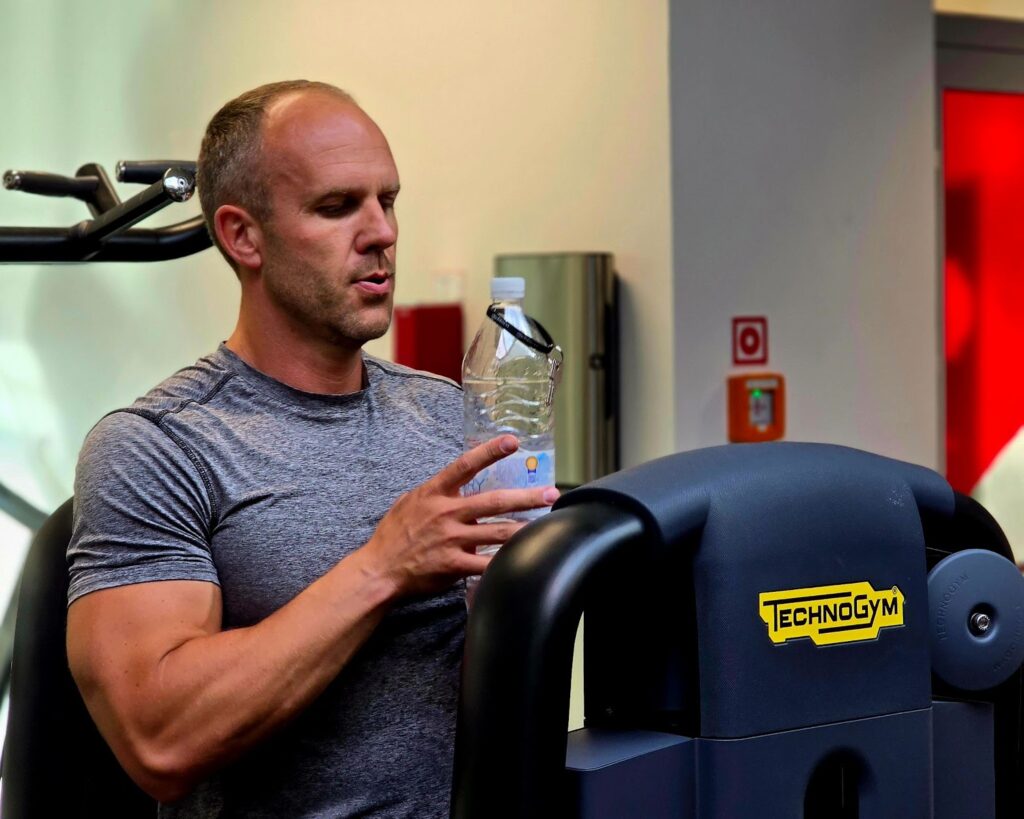

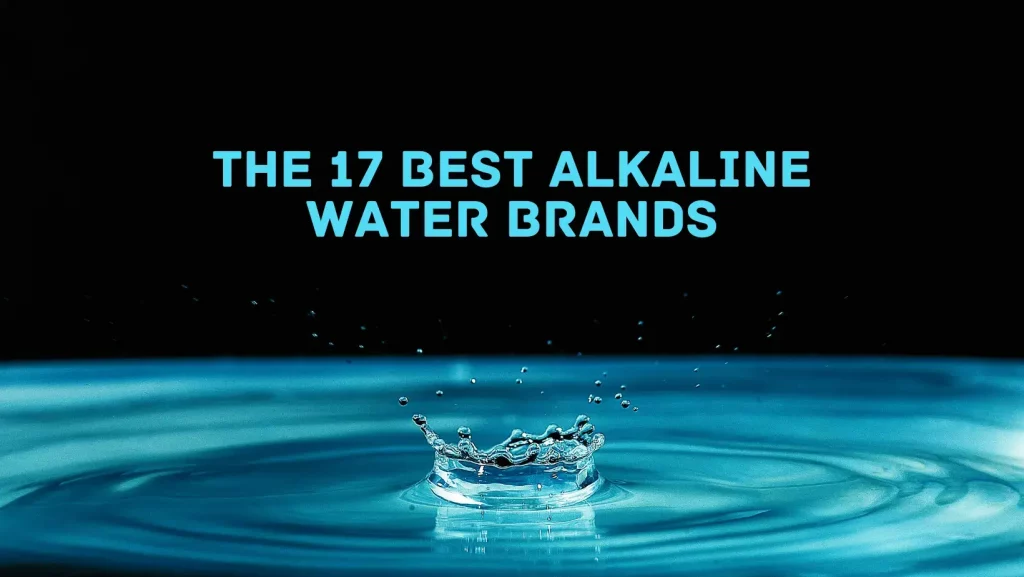




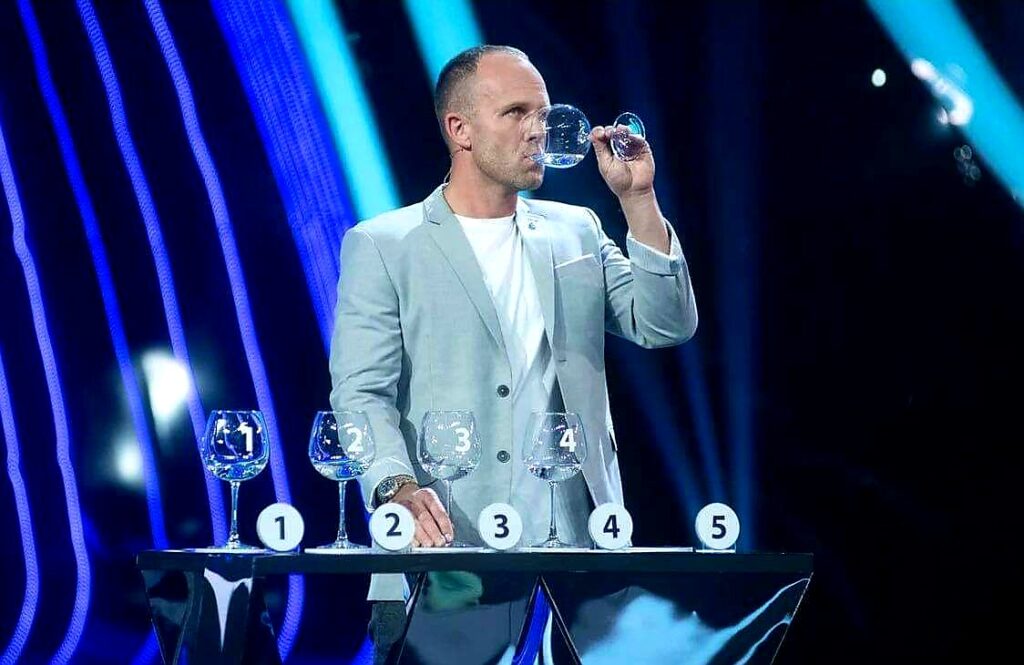
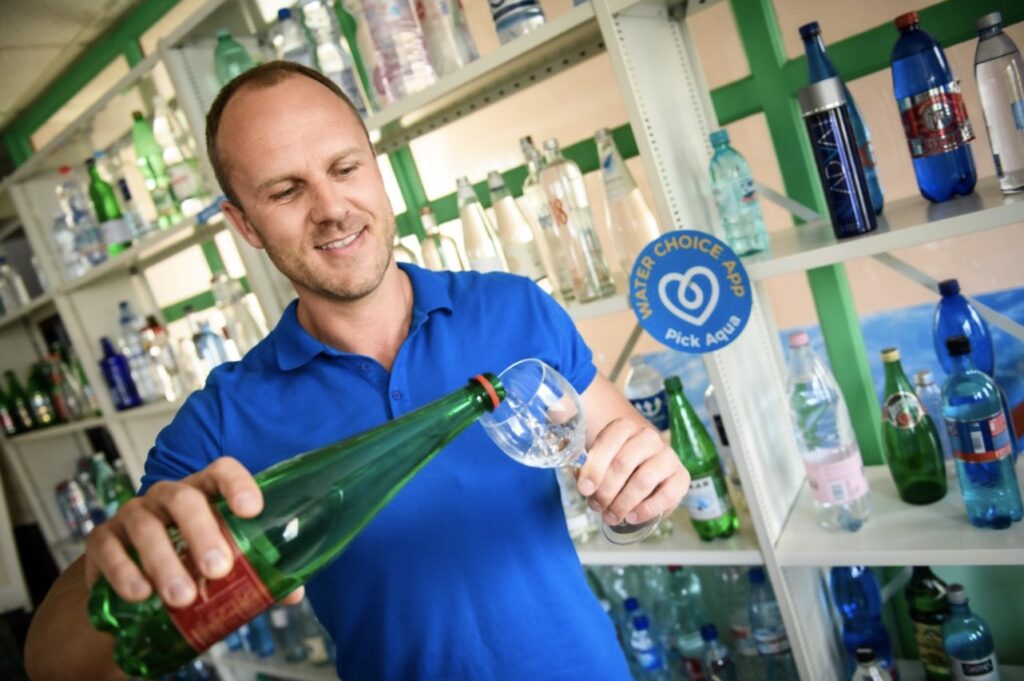
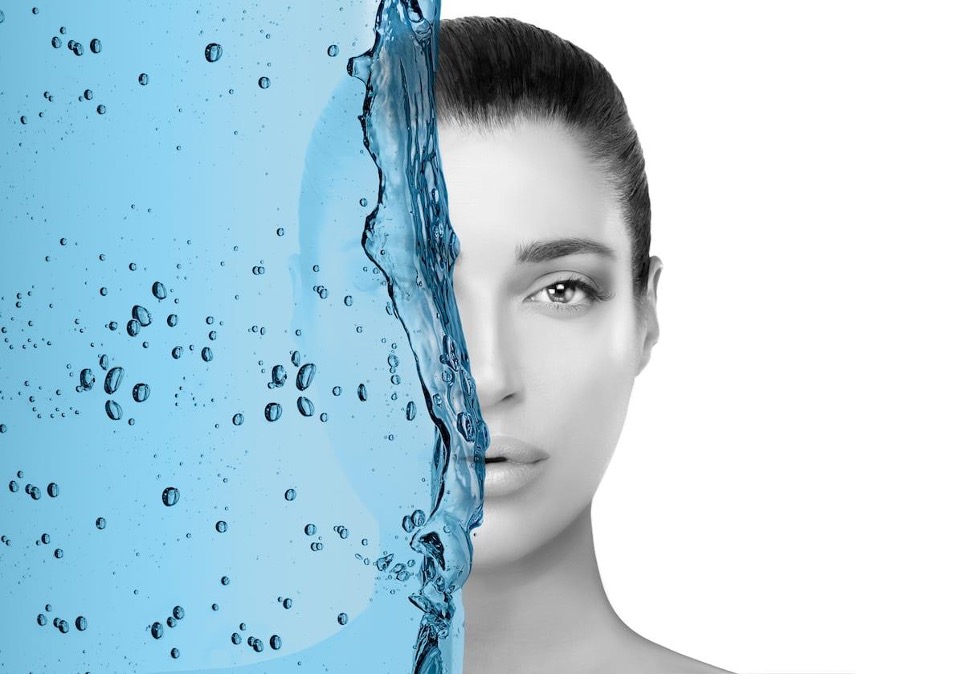
Comments are closed for this article!